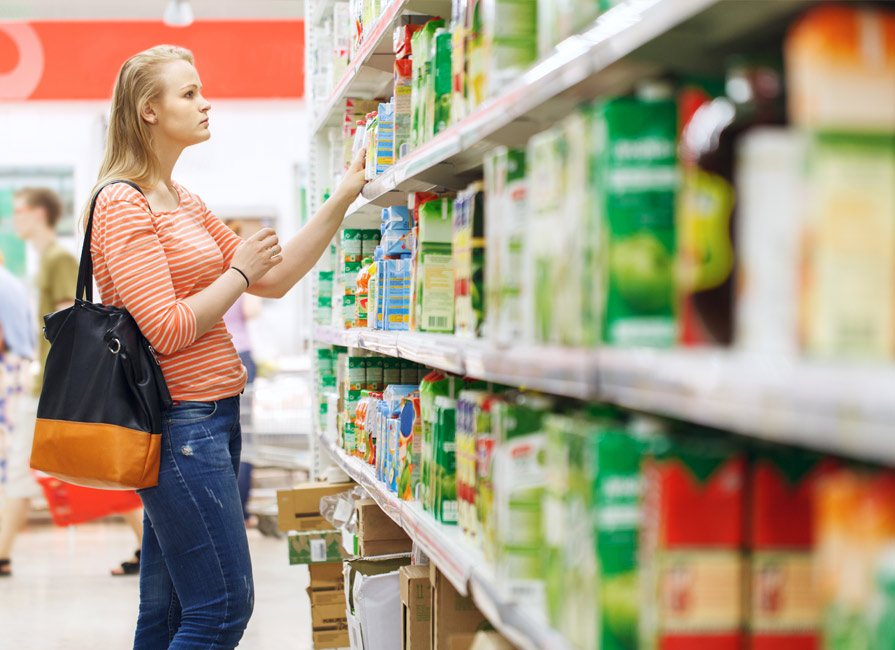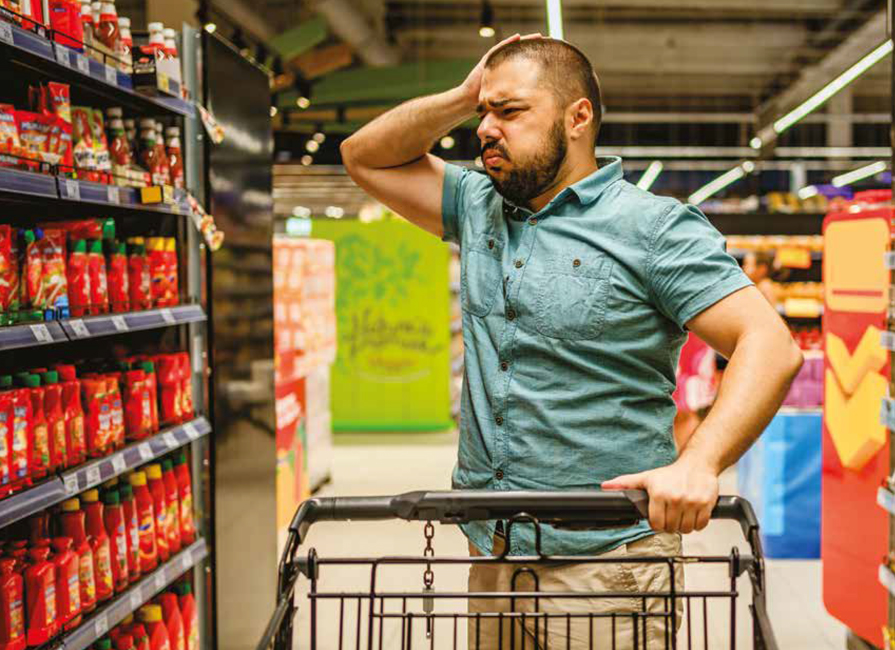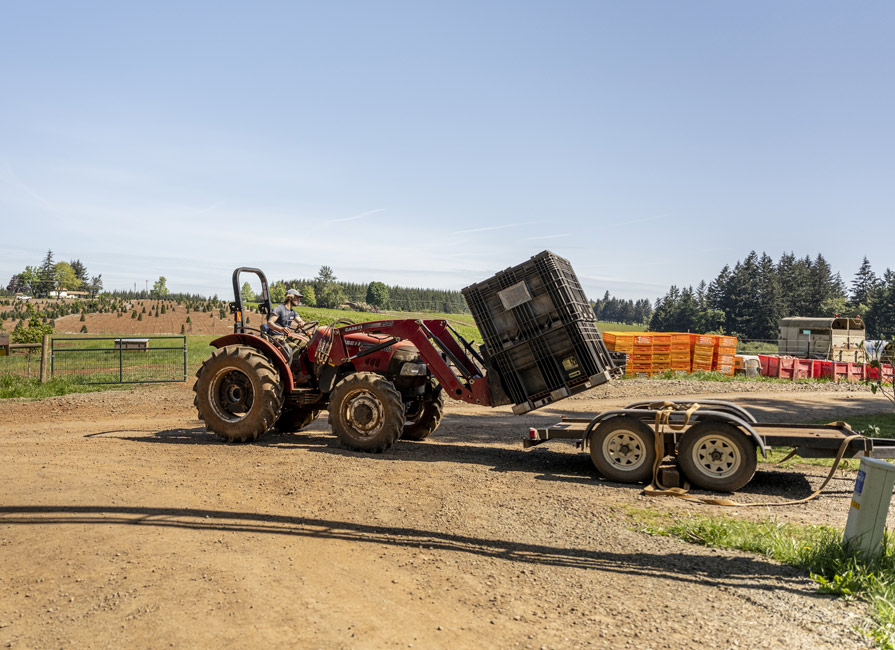One of the key attractions of our Certified Regenerative by AGW program is its practical…

Beware Greenwashing
Today’s consumers want to know more about how their food is produced than ever before. And they are increasingly demanding better food raised according to higher welfare standards, with greater environmental protection and improved worker conditions, for example. But how do they know if they are really getting what they want?
Consumer research shows that label claims like chemical free, spray free, free range or natural continue to cloud the market. In many cases these terms actually mean very little, with minimal legal definition or enforcement; and even where a label claim is legally defined, most don’t require on-farm inspection to be verified.
Take the “natural” label claim. Year after year, consumer surveys show most people think it refers to how animals are raised, so they seek it out on the shelves. Yet the natural label is the subject of dozens of lawsuits because it doesn’t really mean anything at all. Similarly, an article from Stephanie Strom in the New York Times, “How cage free hens live,” reveals the dark side of cage-free egg production. The story reveals how battery hen operations are losing market share to cage-free systems that don’t actually deliver on their promises, with claims of high mortality and disease among cage-free birds. That’s largely because the government only requires cage-free hens to be raised without cages—and nothing else. So, no improvements in husbandry practices for animal health, extra space, better air quality or manure/litter management, outdoor access and so on. Despite the positive-sounding label, the cage-free eggs found in most supermarkets inevitably come from intensive systems where thousands of hens are confined indoors in barns, with all the associated welfare concerns. Inevitably, these systems result in a higher risk of disease and higher mortality rates—a gruesome possibility that Strom’s article features. The article even ends with the question of whether cage-free is really a positive step forward at all.
But I think there is a far better question to ask: Are there choices in the market today that offer cage-free eggs from hens that led a healthy life outdoors on pasture or range? Of course, the answer is yes. But the playing field in the marketplace isn’t level; and without clear information it is hard—if not impossible—for the average consumer to quickly and easily identify which suppliers can be trusted. That’s where meaningful, certified labels come in and can be a powerful choice to support market change that matters.
Labels like Certified Animal Welfare Approved by AGW, Certified Organic, American Grassfed Association and Biodynamic are all examples of meaningful certification programs that not only have comprehensive standards, but also involve regular on-farm verification. They provide much more value than terms like cage-free or natural and, in many cases, subsume those claims. In fact, all of these programs demonstrate why raising animals out of cages or confinement is not only meaningful, but also part of a more holistic management system, ensuring food is produced in the healthiest, most sustainable way possible. More broadly, certified labels provide the market with consistently reliable choices and increasingly offer independent farmers new opportunities to collectively gain access to larger distribution systems.
Without checks and balances, labels like cage-free and natural are almost meaningless. They usually aren’t verified and generally exist to satisfy market demand. At best, they’re used by well-intentioned producers and food businesses who don’t want the hassle of certification; at worst, they are abused by those who seek only to profit from consumer confusion, and so contribute to a dishonest marketplace.
Independent, third-party certified labels are the antidote to this cloud of market deception, providing truly meaningful choices for better food and more sustainable production systems. Sadly, Strom’s article represents another missed opportunity to highlight—and applaud—the existence of alternative labels that really do meet consumer expectations and are striving to affect real change through the marketplace.
Author: Dr Urvashi Rangan has been a scientific investigator, policy decoder, spokesperson and advocate on a wide range of food safety and sustainability issues for the last 20 years.
To learn more about other food labels and third-party certification, download our free Food Labels Exposed Guide here. To find certified meats, cheeses, eggs, and other products near you, visit our online directory here.
Originally published in the Spring 2017 issue of AGW’s Sustainable Farming magazine.


